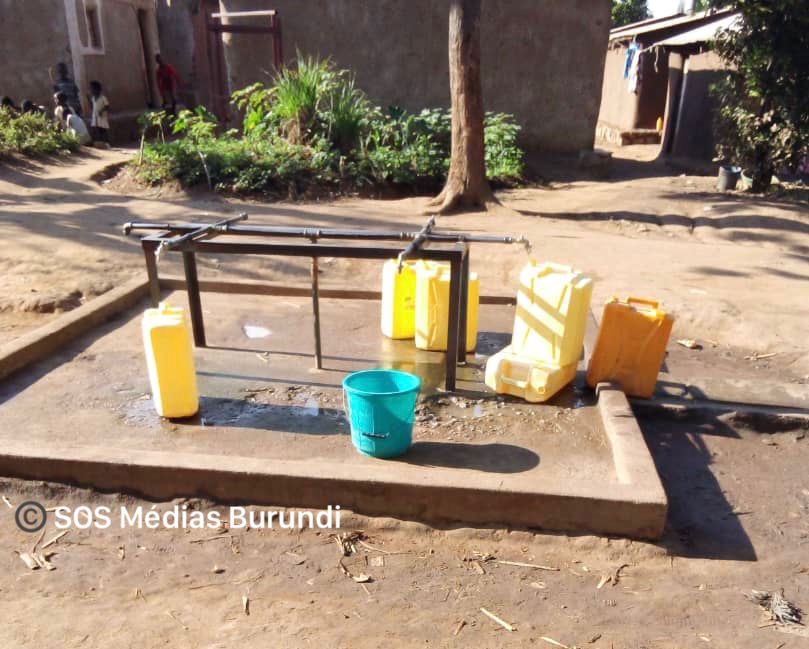Mahama (Rwanda) : shortage of drinking water in the camp

The Mahama Burundian and Congolese refugee camp suffers from a glaring lack of drinking water. Refugees sound the alarm to avoid diseases from lack of cleanness.
INFO SOS Médias Burundi
The most affected sectors are especially villages 11, 12 and 13 which are also the most populated in the Mahama camp located in eastern Rwanda.
“Village 11 has only one tap to serve refugees from villages 11 and 13. Apart from the lack of drinking water, the tap is only open for a few hours each day. So, a household can go a whole day without having a drop of water, which is extremely dangerous for health,” explains one of the community leaders.
The main cause is that several faucets are defective. So, “to avoid high costs of rehabilitating these public fountains”, the UNHCR opted to make refugees responsible.
“A tap that breaks down is repaired by refugees themselves. Those around you or who use the tap must organize themselves to buy, for example, the defective valve. As we have no means, we cannot afford to spend what we do not have given that life has become very expensive here too,” explain Burundian refugees.
Added to this is the dry season which is in full swing in this region.
Refugees who fear uncleanness-related diseases are forced to fall back on the Akagera River which separates Rwanda and Tanzania to obtain this very important commodity in their daily lives.
“In this same river, people wash clothes, throw garbage there and all the waste from the region converges there. So you understand that our lives are in danger. And then, the little water we have cannot be ‘wasted’ on washing or doing laundry,” say mothers.
Occupants of Mahama are calling on the kindness of the UNHCR to provide sufficient water in this camp which shelters more than 63,000 refugees, including more than 40,000 Burundians.
The water shortage at Mahama camp also affects surrounding Rwandan populations because, as part of community integration, host populations must go to this camp to draw water.
———
Several households can spend an entire day without finding a single jerry can of water in the Mahama camp (SOS Médias Burundi)

